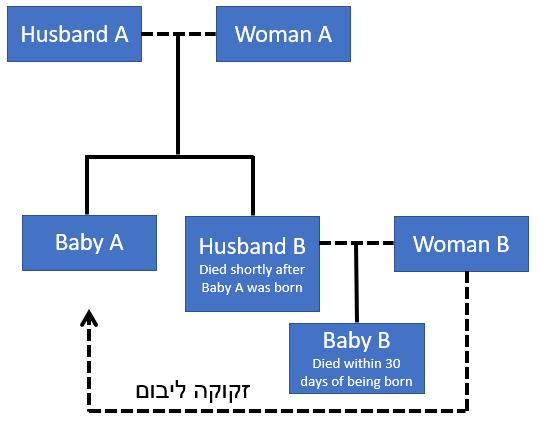The reason should be understood as the following:
Being creatures of dual, competing interests, there exists in some persons, such as myself, the ability for or a manifestation of a vindictive spirit, or attitude, under certain circumstances. It is related to envy/covetousness, and jealously (in the negative sense).
In the case of envy, when we observe something that is not ours that we want, we wish we could have it. If we can't, we may even wish the other did not have it, in order to relieve ourselves of having to even compare with the fact that they have something we don't have, but want. Under severe stain, it is the same spirit as "If I can't have it, nobody can!" It's just plain wrong, misinformed, and ought to be weeded out of us by either a) good parenting, or b) ourselves when recognized.
For jealously, we either
a) have something that we hold dear, or
b) we believe that someone has something that "should be ours" through a rationalization of having been wronged, and therefore "deserving" of the object that we believe ought to be ours. This is closely related to envy. However in this state of mind we cannot recognize it as envy, because we "believe" that the object "should" be ours.
The woman who agreed to cut the baby in half was in these states. She was the very unfortunate recipient of having lost a child, coupled with not having the self-awareness (which often comes through good parenting or divine gift, but which may also come secondary to these by individual recognition) to see or understand that her state was a terrible one, bitter and terrible enough to agree to the destruction of another life out of co-morbid envy and jealousy gone wild. Solomon had the wisdom to know that such an individual should not be either "the" parent, or a parent at all.
I have been fortunate enough to see the existence of these states in myself, only perhaps not as closely tied to the life and death of another individual, the honor for which ought to go to my parents.

